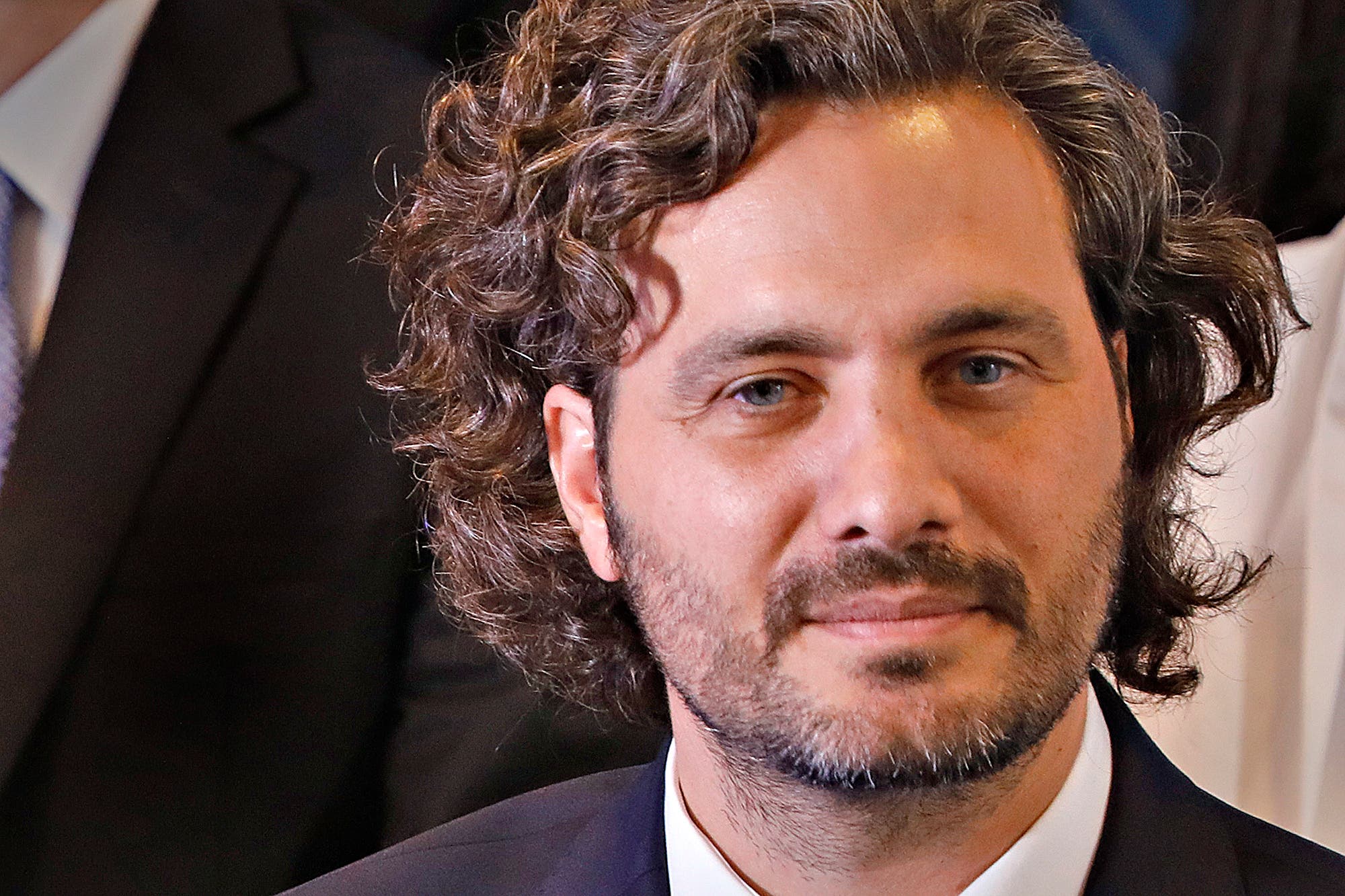Argentina’s Minister of Foreign Affairs and International Trade, Santiago Cafiero, emphasized the need for a collective response from Mercosur to what he referred to as “green protectionism” by the European Union.
Cafiero believes that European countries are utilizing environmental concerns to shield their own industries and trade.
Cafiero expressed his concerns during the 62nd summit of heads of state of the Mercosur bloc, taking place in Puerto Iguazú, Argentina.

He stated that green protectionism, while rooted in genuine environmental concerns, ultimately protects developed countries’ production and products, adversely affecting trade, particularly for countries like Argentina that rely on food and raw material production.
Negotiations for an agreement between Mercosur and the European Union began in 1999 and were close to completion in 2019 but have not been ratified by either side.
However, after the resumption of negotiations, the European Union introduced an additional document in May, containing demands for stricter measures against deforestation.
This move was met with dissatisfaction by South American countries.
Despite the criticism, Cafiero affirmed that Argentina “shares” the intention to finalize the agreement between the two trade blocs.
He stressed that such a connection is necessary amidst the current troubled international political climate, alluding to the conflict between Russia and Ukraine.
However, Cafiero acknowledged the need to update the 2019 text as it no longer reflects the current scenario and the existing “asymmetries” between the two blocs.
He highlighted the significant GDP difference, with the European Union’s economy being approximately six times larger than that of Mercosur, and the majority of EU countries having a higher human development index than any Mercosur nation.
Cafiero concluded by emphasizing the necessity of working together and updating the 2019 texts to ensure that the agreement benefits both parties, considering the changing economic landscape and disparities between the blocs.

